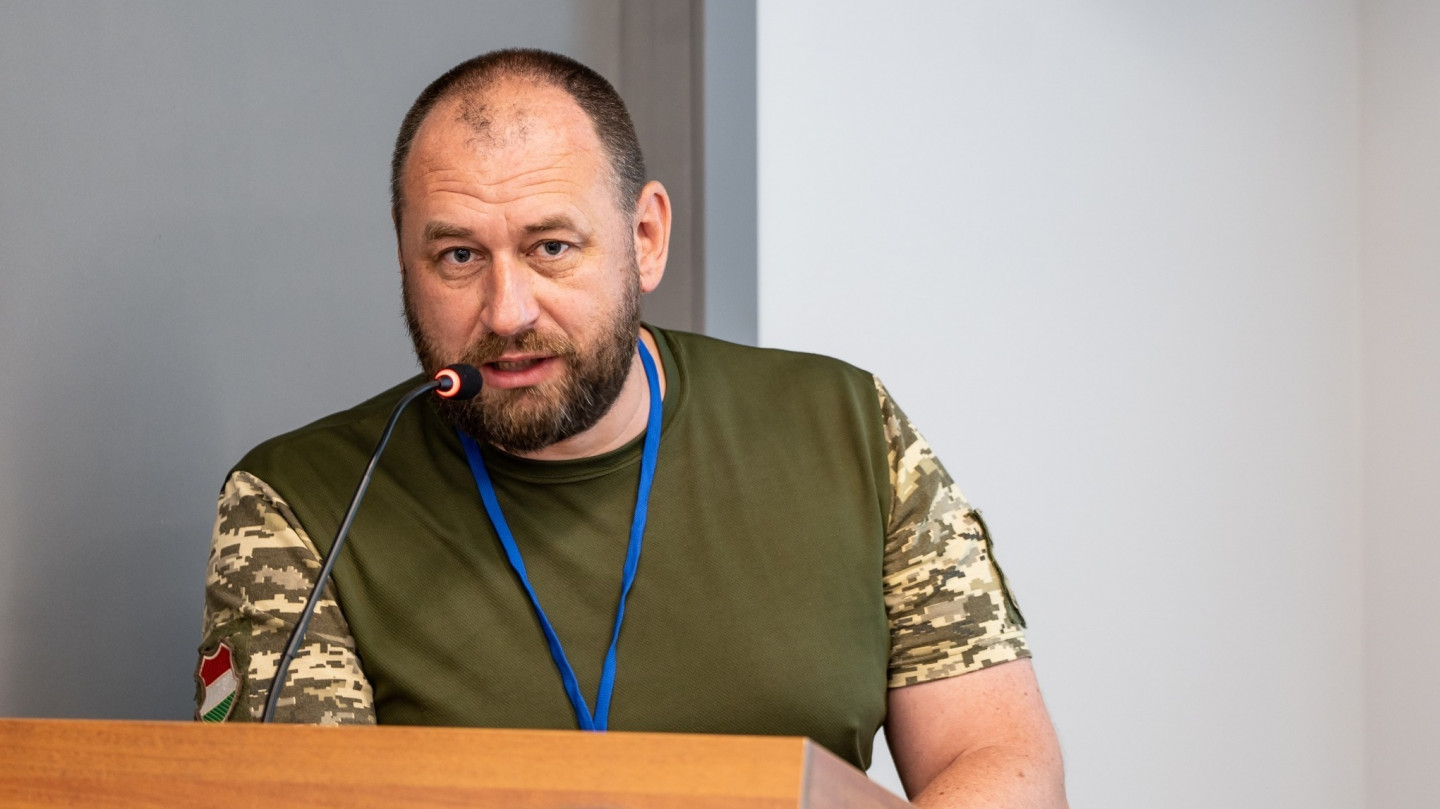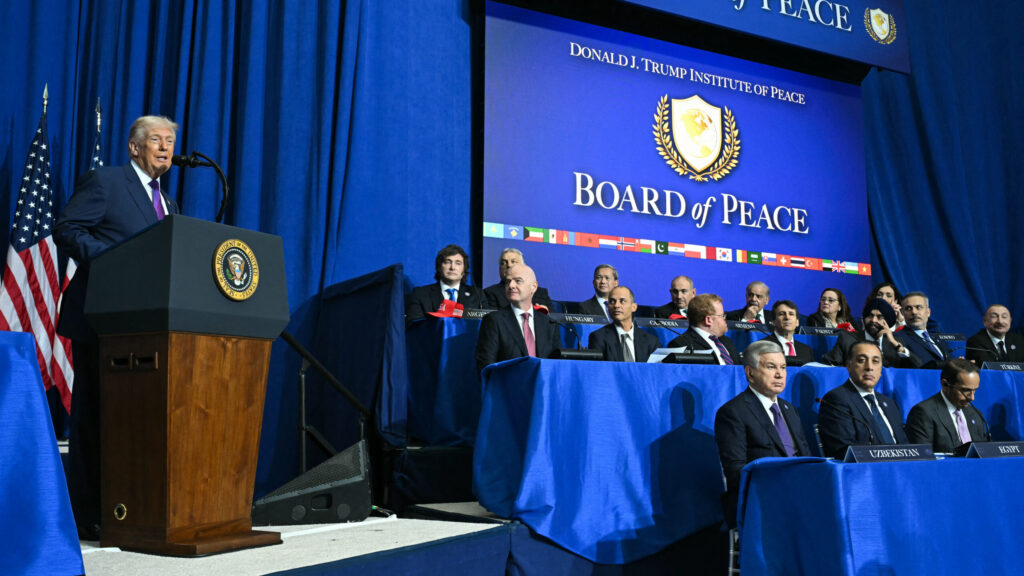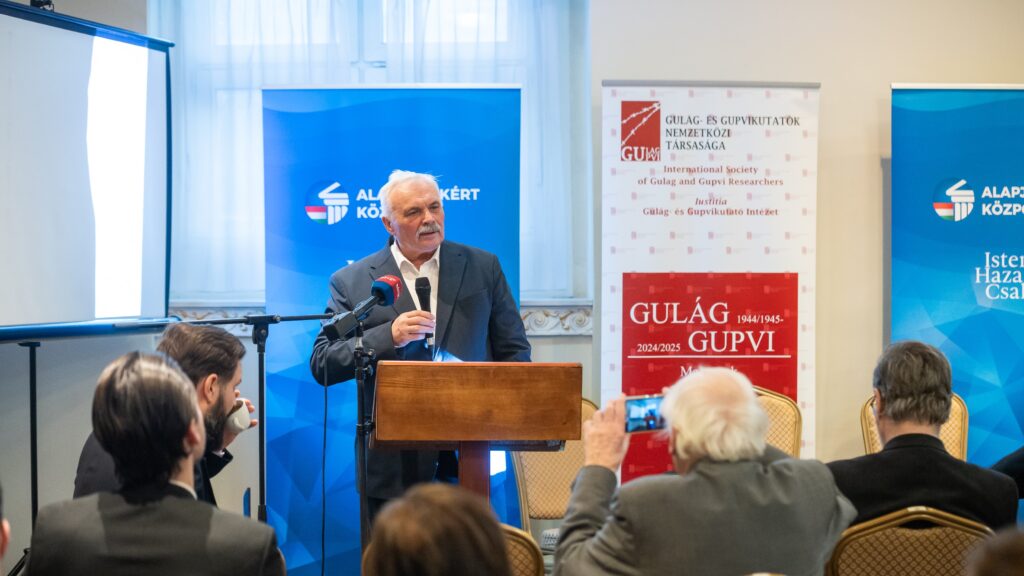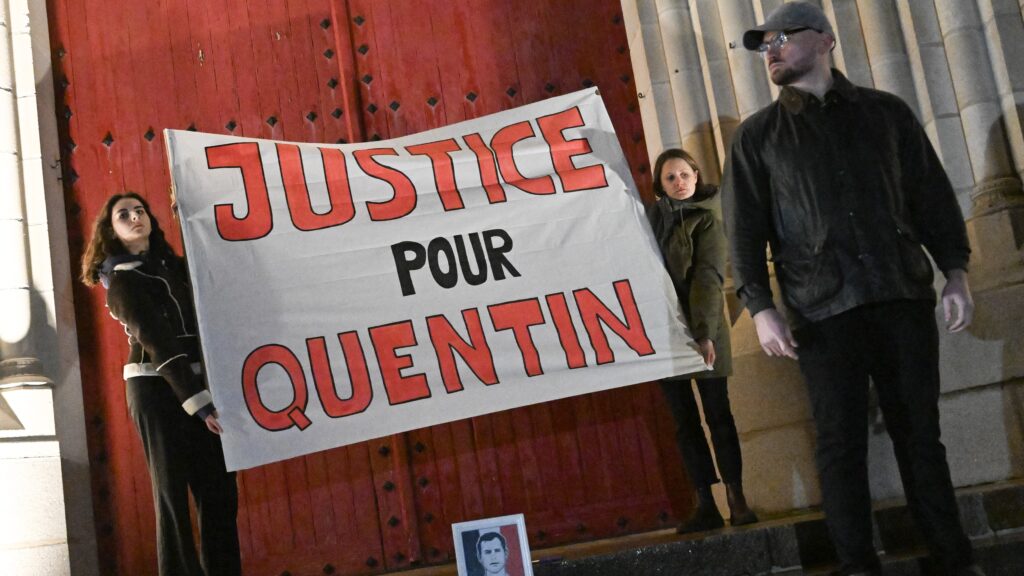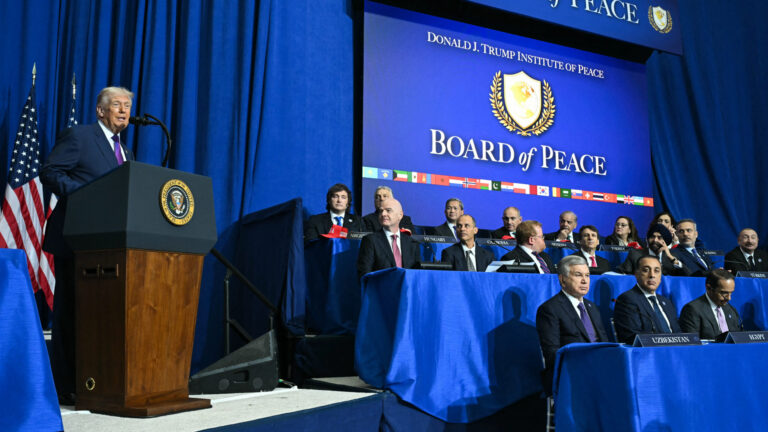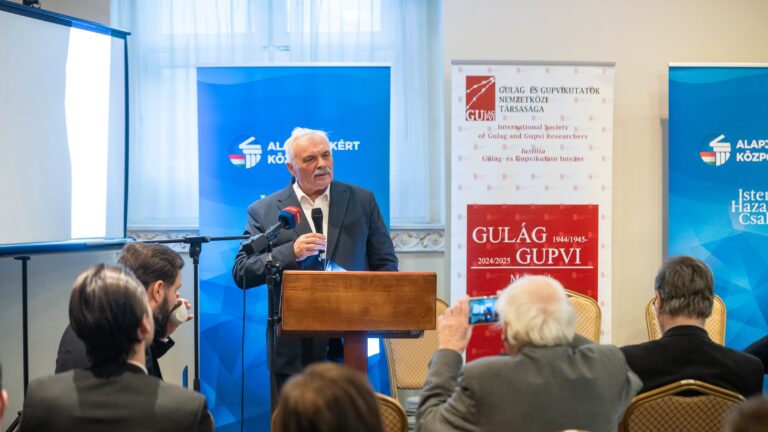Ukraine’s ambassador to Hungary Sándor Fegyir gave a rare interview to the Hungarian outlet Index, published on Monday, in which he discussed the current state and future prospects of relations between the two countries—ties that have hit rock bottom in recent weeks.
Prior to the interview, Fegyir delivered a speech at the book launch of Csilla Fedinec, a Hungarian expert on Ukraine and minority issues. Fedinec’s book delves into Ukrainian nationalism and its impact on minority policy in the war-torn country. In his remarks, Fegyir expressed his satisfaction that such an educational work had been published at a politically charged time and under such complex circumstances.
Hungarian Prime Minister Viktor Orbán has vowed to veto every joint conclusion in the European Council that includes steps towards Kyiv’s fast-track EU accession, and he blocked the formal opening of accession negotiations last week during the EU leaders’ summit in Brussels. Meanwhile, the Hungarian government has accused the opposition party Respect and Freedom (Tisza) and its leader, Péter Magyar, of having ties to Ukrainian intelligence services and collaborating with Brussels to advance Kyiv’s accession, which the government claims would have devastating consequences for both the Hungarian and EU economies.
The ambassador highlighted a historical fact that casts a unique light on the present situation. On 24 March 1991, Ukraine’s first diplomatic mission was opened not in Warsaw, Washington, or London, but in Budapest. ‘Ukraine opened up to Europe through Hungary,’ Sándor Fegyir highlighted.
As Fegyir also noted, one of the root causes behind the deteriorating relationship between Budapest and Kyiv is the Ukrainian leadership’s policies towards minorities, particularly the Hungarian minority in Transcarpathia. In his view, ‘this book is a stepping stone on the path to resolving these issues in the future.’ He added: ‘It is never too late to apologize to each other. Even in the most difficult moments. One person has to be smart and apologize, even if they are right’, perhaps conveying his most significant message.
Fegyir acknowledged that political communication has flaws on both sides, but he remains confident that the intelligentsia can help pave the way towards a resolution. He added that the Ukrainian side would also do its part to improve relations between the two countries and expressed his willingness to invite Hungarian intellectuals to further roundtable discussions. ‘We will also talk to those who do not want to talk,’ he emphasized, underscoring that the essence of diplomacy lies in seeking continuous dialogue, even under the most challenging circumstances.
Related articles:

